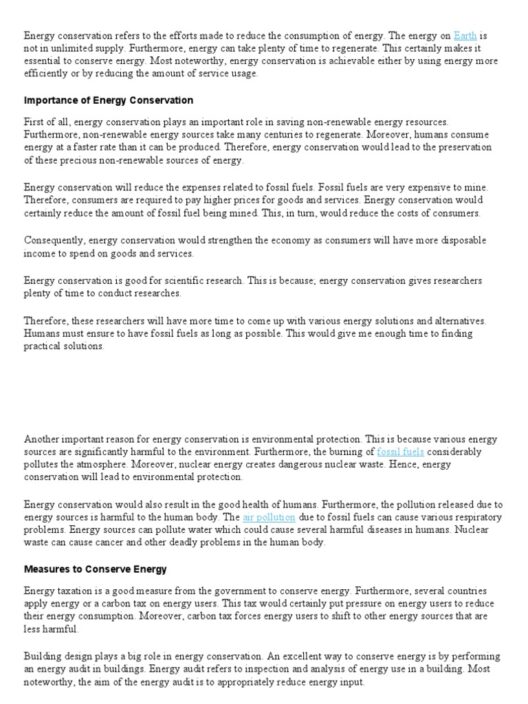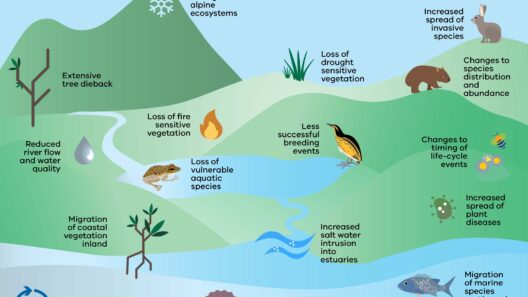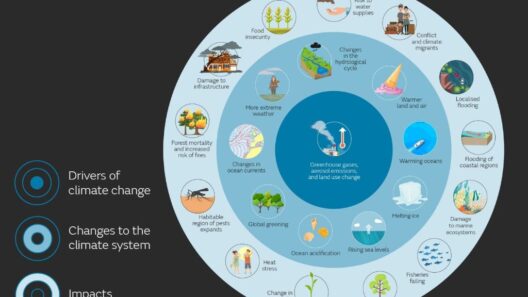Have you ever gazed at the vast, seemingly endless ocean and pondered how it could be influencing the climate in ways you scarcely realize? The relationship between the ocean and climate change is intricate and multifaceted, making it a vital topic for exploration. Not only does the ocean regulate temperature, but it also plays a crucial role in carbon cycling and weather patterns. However, many people remain unaware of the depth of this connection and the challenges it presents for our planet.
In understanding how the ocean affects climate change, it is important to examine several key facets: carbon absorption, ocean circulation, and warming seas. Each aspect contributes uniquely to the larger narrative of climate change, revealing both the magnificence and fragility of marine ecosystems and their interaction with the atmosphere.
How does the ocean act as a carbon sink, and what repercussions does this have for our warming world? It’s a question that invites contemplation and discussion, particularly given that the ocean absorbs about 30% of carbon dioxide emissions produced by human activity. This process has profound implications for ocean chemistry and marine life.
First, let’s delve into the concept of carbon absorption. The ocean serves as a massive reservoir, sequestering carbon in its depths. Phytoplankton, the microscopic plants that flourish in the sunlit zone of the ocean, absorb atmospheric carbon dioxide during photosynthesis. This biological uptake is essential for regulating atmospheric CO2 levels. However, increasing carbon levels lead to ocean acidification, which threatens the survival of marine organisms such as corals and mollusks that rely on calcium carbonate for their shells and skeletons. As these organisms decline, the ocean’s ability to absorb carbon is diminished, setting off a feedback loop that exacerbates climate change.
Another critical aspect to consider is the role of ocean circulation in climate modulation. The intricate web of ocean currents, often referred to as the “global conveyor belt,” plays a pivotal role in distributing heat throughout the planet. Warm water moves from the equator towards the poles, while cold water flows back towards the equator. This circulation pattern helps to stabilize climate systems, yet it is becoming increasingly disrupted due to rising global temperatures. Melting ice caps introduce large quantities of freshwater into the ocean, altering salinity levels and potentially halting or redirecting major currents such as the Gulf Stream. The implications of these disruptions are staggering, ranging from intensified weather patterns to shifts in marine biodiversity.
So, is it the ocean that holds the key to our understanding of climate change? The answer is both yes and no. While the ocean is an essential player, it is not a solitary hero in the battle against a changing climate. The temperature of the ocean itself has risen significantly over recent decades, leading to the phenomenon known as marine heatwaves. These abnormalities pose a challenge not only to marine ecosystems but also to human populations reliant on seafood. A warmer ocean disrupts natural habitats, causing shifts in fish populations and the integrity of coral reefs. Fishermen, coastal communities, and even global food security may face dire consequences if these trends continue unabated.
Moreover, the interplay between the ocean and climate is further complicated by the issue of sea-level rise. As polar ice melts and warm water expands, coastlines are encroached upon, threatening ecosystems and communities alike. Coastal erosion, saltwater intrusion into freshwater sources, and the displacement of human populations are just a few examples of how changes in the ocean’s behavior can have devastating effects on shorelines worldwide.
Understanding how the ocean affects climate change is therefore not merely an academic pursuit but a matter of urgent concern for all of us. The challenges posed by this interconnected relationship call for a holistic approach. It demands collaborative efforts among scientists, policymakers, and citizens alike, all united under a common goal: to safeguard our oceans and, in turn, our planet.
The solution extends beyond merely mitigating our carbon footprint; it also involves safeguarding marine environments, promoting sustainable fisheries, and prioritizing conservation efforts. By restoring coastal ecosystems like mangroves and seagrasses, we can enhance their capacity to sequester carbon while simultaneously providing natural barriers against storms and erosion.
In conclusion, the ocean affects climate change profoundly, serving as both a buffer and a victim of our warming world. The complexities of this relationship highlight the need for greater awareness and decisive action. As we ponder our role in conserving the ocean’s health, we must also recognize the vast implications these efforts have on climate stability. Will we embrace the challenge to protect our oceans, ensuring a balanced climate for generations to come? The stakes are high, and the responsibility lies with each of us.








